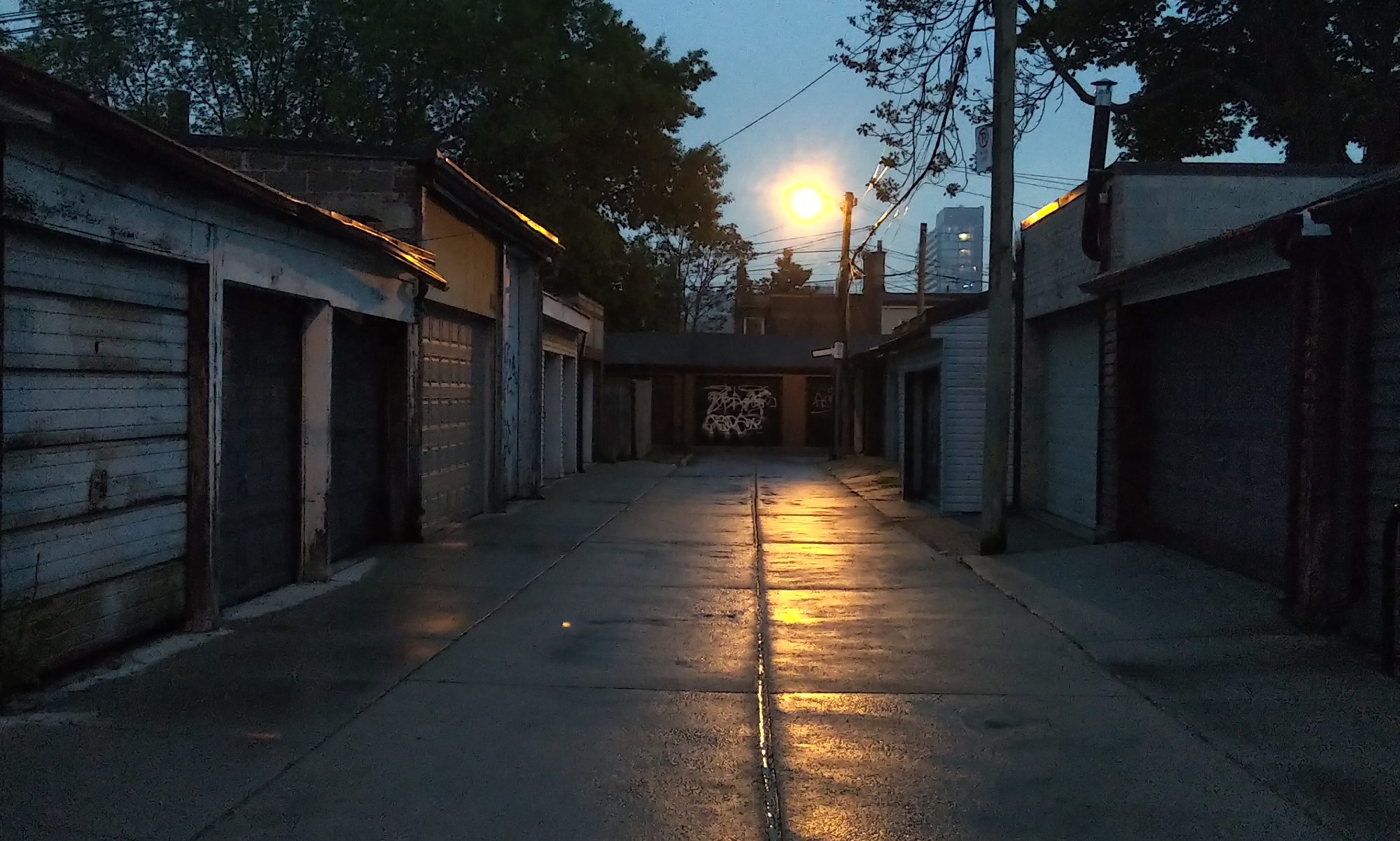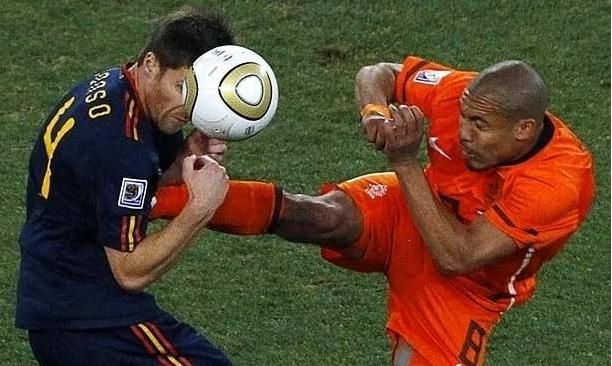From my mid-20s until my mid-30s I played recreational soccer with friends. it’s a game I played as a kid, but because my family moved a lot, there wasn’t a lot of experience with it until a friend from college suggested we put together a pickup team, with stragglers from school, work, and wherever. It’s a sport that I adore playing, and could easily play every day of my life. It is not, however, a sport that is everlasting for everyone.
First came those of us with pre-existing injuries. One regular, Jason, who was a new father, admitted that he wanted to spend what was left of his deteriorating ankle (hello, soccer) playing with his son, and not with a bunch of strangers on dodgy community fields. Can’t blame him. The second wave, perhaps the most widely experienced, came when we entered our 30s; people settled down, got married, streamlined their careers, started families, bought houses. That nearly did it. I was still organizing pickup soccer past my mid-30s with a ragtag membership of acquaintances and friends-of-friends. Injuries happened. I sprained my ankle something fierce, which meant there was no one to organize the games while I was in rehab; another of us, Erik, received a concussion due to an accidental running-into with another player.
By the age of 40 everything had changed. The only soccer to be had was through privately run recreational sports organizations, which can be fun in terms of meeting new people, but dear god let me tell you this: no one wants to play a soccer match at 10pm on a Sunday night.
I turned to running, as I missed the workout. I bought an introductory pair of running shoes and started by going around a few blocks of where I lived. I remember sitting on the front steps of my house, sweating and heaving, and having our neighbour, Mrs. Fu, look at me and comment “If you did that more often you probably wouldn’t be so tired.” Thanks. I measured my distance first in city blocks. And, gradually, I measured it in kilometres. I remember feeling that 2 kilometres was ridiculously long; as well, the challenge of what goes on in your head when you’re running: the anxious thoughts about whether I could finish what I started.
Everything changed once I was able to get to 5k.
But first, let me make something clear: I’m not into gadgets, I don’t wear headphones, I don’t bother with biofeedback gizmos on my wrist. I look at my analog watch when I start, and then look at it when I’m done. I measure the distances of my runs by using Google Maps on my laptop. When I tell some people this they look at me as if I was talking about living in a shed without an outhouse. For me, there is an experiential quality about running: I get to see, hear, smell, feel the world around me — good and bad. The last thing I need is to be listening to a podcast about unsolved murders.
It took me at least 2 years to get to 5k, and I should say that I wasn’t on any sort of schedule to do so. I just listened to my body, and pushed when I thought I was ready, not unlike how someone decides to add another 10lbs to their squat bar at the gym. The increments can take months, and the nice thing about starting out running is that you’re not really competing with anyone (yet), so there’s no pressure to “achieve” much. Once I hit 5k, I was able to get to 10k within a few months. And once I hit 10k it was like standing on a fucking mountaintop.
This is a good juncture to mention that not everyone, younger or older, can do this. Running can tax your body in ways that are not always healthy. And not everyone’s bodies are able to be pushed hard. Some people’s bodies are not able to be pushed, period. I mention this because I would hate for someone to read this and feel that, because they aren’t able to run, that this makes their experience of life any less. I’m just using my legs because I got ’em, and they work, for now. Running is also easier for white people than it is for racialized people; and it’s easier for men than it is for women. And by easier I mean you are less likely to be physically or sexually targeted. In other words, I’m writing this from a place of privilege.
I started joining races in 2015. The psychological complexity of being in a corral of other runners is fraught. I find the complexity of running in any sort of competitive context to be fascinating: watching your pace, staying within respectful distance of others, passing and being passed by others, not getting freaked out when you think you’ve hit the 3k mark only to pass a sign saying 2k; oh yeah, and not breathing like you’re being chased by a dog. I’ve done 10k, 8k, 5k, and a half marathon (which I did, kinda stupidly, only ten days after a cyclist collided into me and fractured a few ribs).
Running, for me, is a through line to body awareness. I don’t feel like a brain floating in a jar when I’m running. I can audit my body when I’m running, interrogating what it is that’s feeling tired if I’m worriedI can’t finish. I get to experience the outdoor world, and be part of it in an intense way that can sometimes feel profound. I can be alone with my thoughts. It can also be a way to set precedents for working with self-doubt (hello, half marathon). To be frank there’s also some gross aspects to the body awareness part; for example, learning to predict your bowel movements after eating a meal so that you aren’t finding yourself experiencing GI pain in the middle of your race. And I won’t get into all the bloody mess that happens with blisters on your feet.
When I bought my first pair of “I’m taking this seriously” running shoes at a local shop, I mentioned to the owner how I used to play soccer but had no one to play with anymore, thus my interest in running. He told me he had heard that a lot from other soccer veterans, and in that moment I felt heard and seen (though I realized after it was also saying good-bye to soccer in many ways). It wasn’t a big gesture he made, and while I wouldn’t say I felt part of a club (not that I would want to be in one), nonetheless I felt part of a kinship. I’m 51 years old now, and I’m faster than I was when I was 45; I push myself, and yet I also keep myself from pushing so hard that I endanger my body from being able to meet day-to-day needs. There is a quotidian aspect to body awareness that comes with running that I deeply appreciate: knowing when to push, knowing when to give other people space, knowing when to back off, and knowing when to give everything you’ve got in your engine in the dying moments when you see the finish line.




